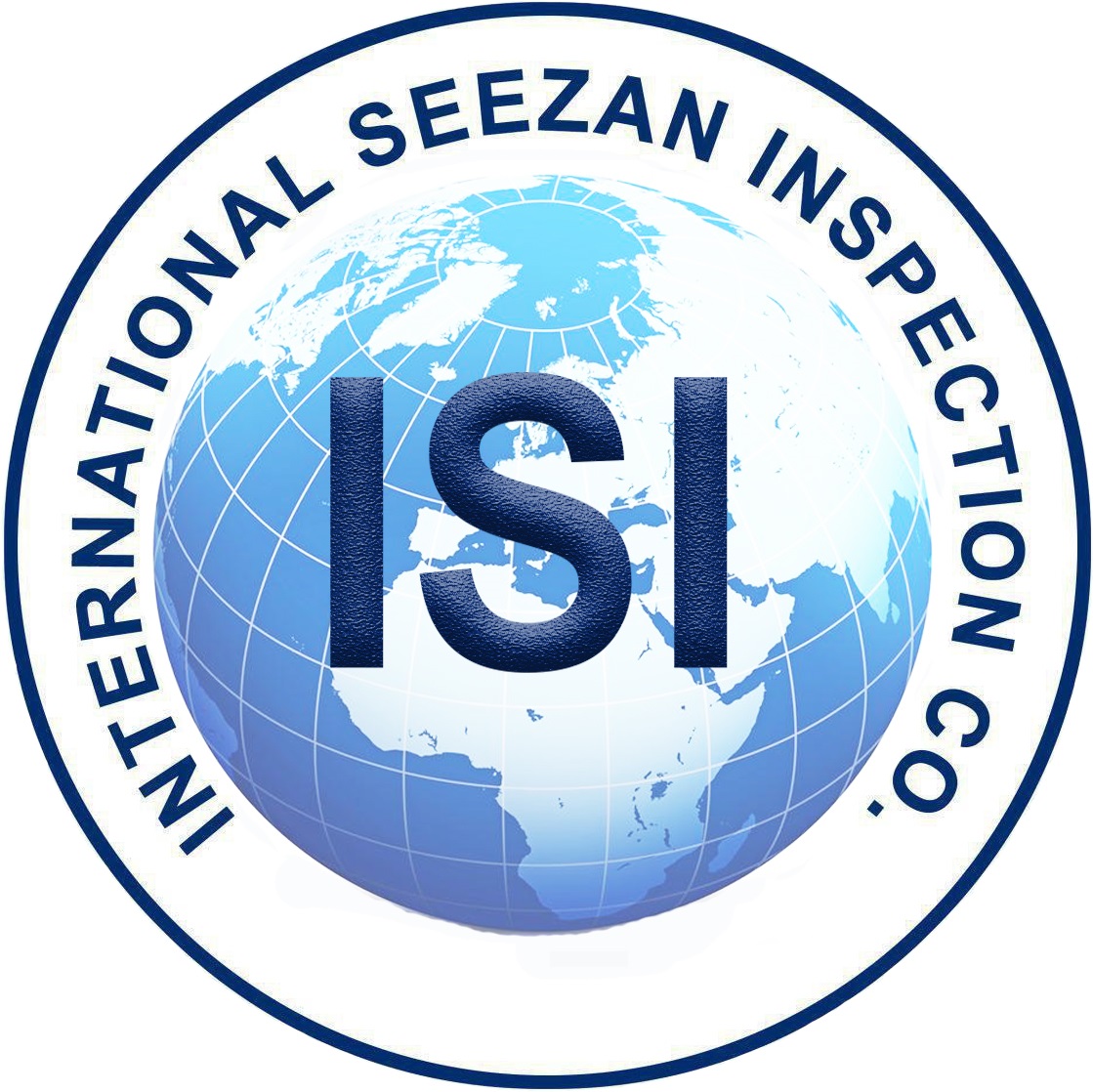Laboratory tests
Do you want to be sure that sold or purchased products are of good quality? Do you need a bona fide laboratory with advanced equipment and specialists with time-long
experience? ISI registered under ISIRI – Iran having tight relations with many local ISO 17025 laboratories.
All local ISO 17025 is accredited with the ISIRI, registered with ISO/IEC 17025:2005 General requirements for the competence of testing and calibration laboratories.
Testing Center uses most advanced methods of laboratory analysis and participates in comparative tests. One of the key advantages of the laboratory is qualification and experience
of our specialists who put to test and analyse and control quality and safety of:
· food products,
· food stock,
· potable water,
· animal feed,
· perfumes and cosmetics and household chemicals,
· Light industry products, etc.
Test results
Lab employees summarize test results in test reports which offer conclusions whether declared properties comply or do not comply with regulatory documents, official
requirements and decrees. Should any incompliance be found, out experts will prepare suggestions on how to change the production process.
Types of tests
Experts of local ISO/IEC 17025:2005 perform a variety of product tests to verify safety:
· measurement of toxic elements (heavy metals – copper, zinc, lead, iron, mercury, cadmium, arsenic, selenium, chrome, nickel, cobalt, stibium, etc. (Ag, Al, As, B, Ba, Be,
Br, Ca, Cd, Co, Cr, Cu, Fe, Hg, K, Mg, Mn, Mo, Na, Ni, Pb, Sb, Se, Sn, Sr, Zn, etc.);
· measurement of mycotoxins in food (aflatoxins B1, M1, zearalenone, patulin – in dairy, vegetable, fruit and fat products);
· measurement of chlorine-based and , phosphorus-containing pesticides;
· food supplements: aromatizing agents, colouring agents, antioxidants, preservatives, emulsifying agents, sweetening agents, vitamins;
· measurement of methanol, acetaldehyde, fusel oil in liqueurs and spirits and in cosmetics;
· detection of wine, cognac, brandy, whisky, gin, rum frauds;
· determination the type of vegetable oils;
· identification of butter and margarine, and their blend composition;
· determination of chocolate category;
· detection of adulterated juices;
· detection of adulterated instant coffee;
· sweetener analysis;
· determination of composition of protein ingredients in meat, fish, poultry (including delicatessen and tinned products);
· analysis of GMI quality and measurement of GMI content;
· identification of perfumery products;
· radiation control;
· microbiological assays;
· physical and mechanical tests of light industry products.
Test results are summed up in test reports by lab employees. These reports contain all results obtained in the course of measuring, calculations and other actions related to safety
testing. The report data can be served later as an important evidence of high quality of products for certifying authorities.


